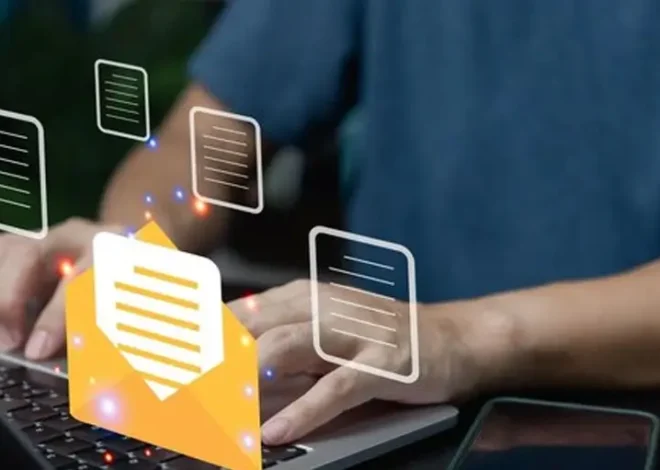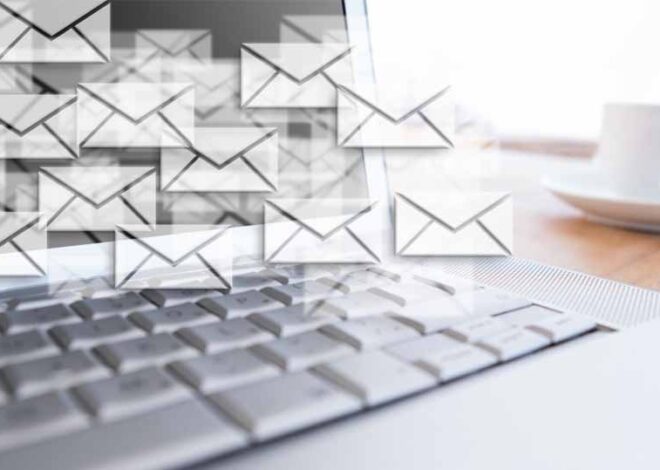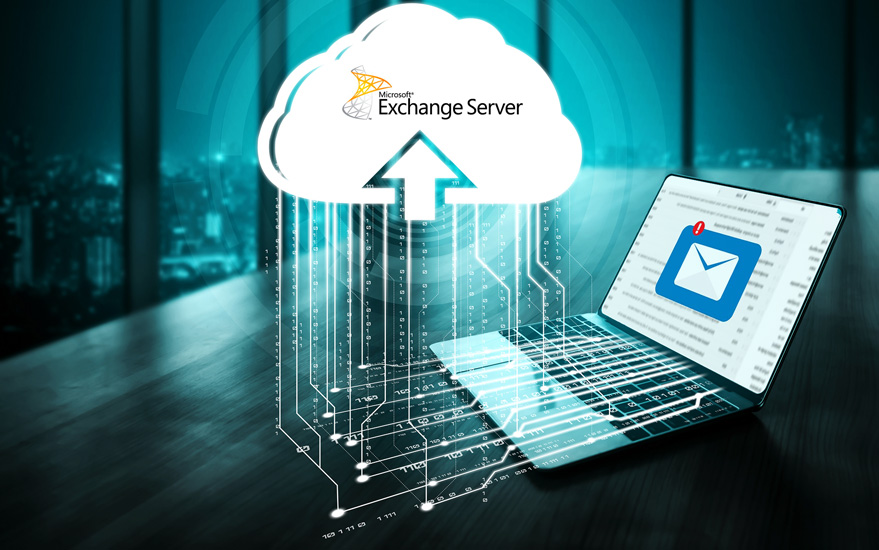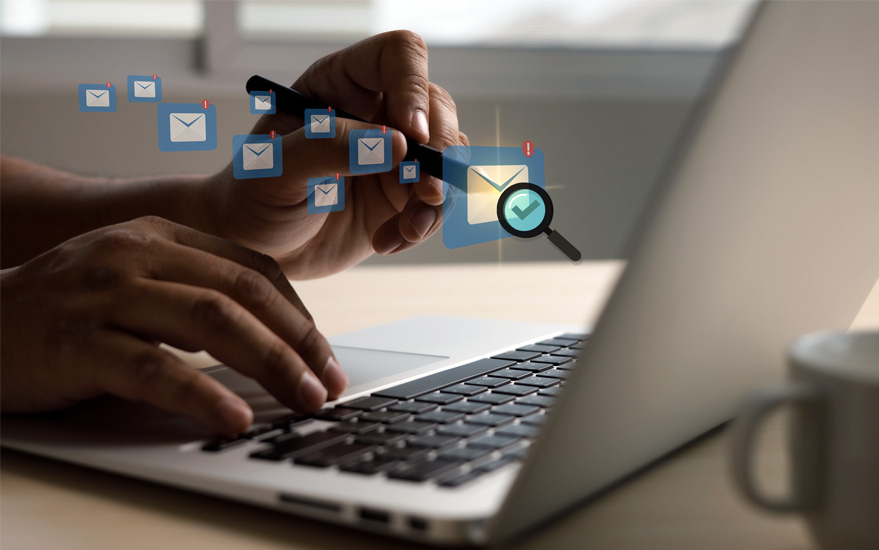
Seven Steps To Compliance With Email Archiving
SOLIXCloud Email Archiving is a fully managed email archiving as-a-service that aims to simplify eDiscovery, compliance, and management of email growth. Powered by SOLIXCloud’s Common Data Platform, email archiving simplifies the implementation of a centralized ILM compliance strategy for ALL types of organizational data including structured, unstructured, and semi-structured data.
The Challenges
With email communication continuing to be the number one communication and collaboration tool for businesses of all sizes, enterprises today are faced with a myriad of challenges to maintain regulatory compliance and avoid costly enforcement actions. New regulatory requirements have placed email under great scrutiny, and it is no longer acceptable to hoard emails over years “in-case-you-need-them”. New consumer data privacy regulations like GDPR, CCPA, CDPA, NYDFS, LGPD, CPPA, etc. are just the latest reason why proper governance of email records is no longer optional.
The Solution: Compliance-driven Email Archiving
System administrators, data stewards, and data governance teams are seeking enhanced methods and procedures to meet new compliance mandates driven by consumer data privacy regulations. Here are seven steps to email compliance that every organization should take.
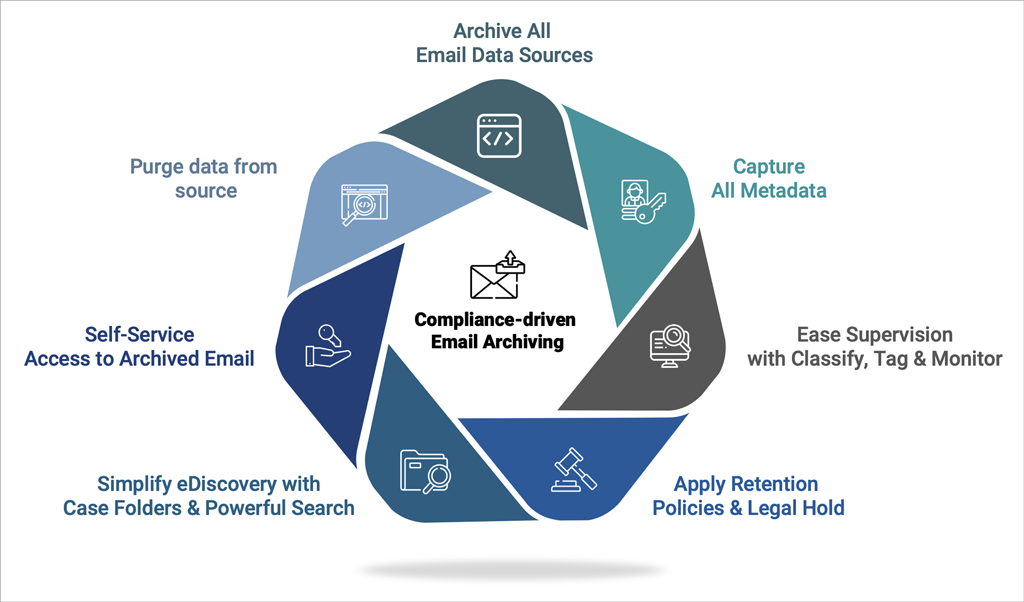
Capture & Archive All Email Data in a Common Repository
Ensuring that all email data sources are captured is a critical first step towards successful compliance-driven archiving. By using multiple collection methods such as journaling, mailbox synchronization, and file uploads based on retention policies, organizations are able to capture and archive all current outgoing and incoming emails and historic email data.
However, multiple silos of archived email data presents its own set of problems and is inefficient. By centralizing email capture into a single repository, organizations not only gain assurance that they know for sure where all their emails are located, centralized management and maintenance routines are much easier and only need to be performed once.
Comprehensive Capture & Indexing Metadata
To support compliance-driven email archiving, comprehensive capture and indexing of all email content and its attachments is essential. Search and retrieval is only as effective as the indexing process which must be able to produce catalogs showing where search records are located and what data is contained in the records.
Classify, Tag and Monitor Emails for Easier Supervision
Custom archive policies that tag emails enable easy classification and monitoring in near real-time based on email content, metadata, or presence of sensitive information. Trigger alerts may be configured to notify respective teams based on defined criteria and ensure swift action. Add additional tags to emails as necessary. All of this helps you stay compliant, monitor undesired activities and make your emails easily discoverable in the future for faster compliance.
Enforce Retention and Legal Hold Policies
Compliance and legal teams must be able to create comprehensive retention policies and legal holds at the organization, user, email or metadata level easily in order to help with fast and effective e-discovery.
Powerful Search to simplify eDiscovery with Case Folders
Compliance and legal teams will be able to perform faster and more efficient e-discovery searches across all inboxes when keyword and/or multiple filters are available to quickly identify emails of interest. Such search capability is essential if retention, legal hold, tags or comments must be added to the emails identified. They also will be able to add one or all emails from the search to a case folder for future reference and for downloading them in popular industry formats for fulfilling legal requests.
Purge data from source
Administrators need to be able to define archive and purge policies to ensure emails are retained in source only for the specified period. Once retention periods are achieved, emails are archived and then safely purged from the source system thus freeing up critical storage in the source system greatly helping reduce costs and maintenance. This also helps organizations be compliant and only storing data that is needed for a stated purpose and time.
Self-service Access to Archived Emails
When emails are archived, end-users will not accept loss of direct access to those emails. No wonder business users retain their own .pst copies of emails for future reference. Isolated personal archives are not only unreliable, they are also a nightmare for compliance teams who may or may not have visibility to their existence. Centralized repositories that enable self-service access to archived emails in an email client-like interface will eliminate the need for users to create personal archives and reduce the number of duplicate copies of emails.
The SOLIXCloud Email Archiving Advantage
Aimed at simplifying eDiscovery, compliance and management of email growth, SOLIXCloud Email Archiving, offers a centralized, secure, highly scalable and business user-friendly email archiving solution for enterprises of all sizes. With support for archiving from legacy on-prem email systems, email backups, and modern cloud-based email systems, SOLIXCloud offers a seamless archiving strategy for all historic and current email data.
SOIXCloud Email archiving is an essential component of a comprehensive enterprise archiving strategy and simplifies the implementation of Information Lifecycle Management across all enterprise data including structured data from ERP, CRM and custom applications, unstructured data from NFS and file shares, and semi-structured data from email and other communication platforms.
What’s the Urgency?
Compliance scrutiny is expected to increase with augmented regulatory enforcements over financial information, healthcare records and now consumer data privacy. Organizations with only partial or no archiving solution are at risk of steep fines and brand damage from compliance breakdowns. By implementing a strategy to capture and archive all email content with ILM, legal hold and retention policies, effective eDiscovery, search and access is implemented by design mitigating compliance risk.

